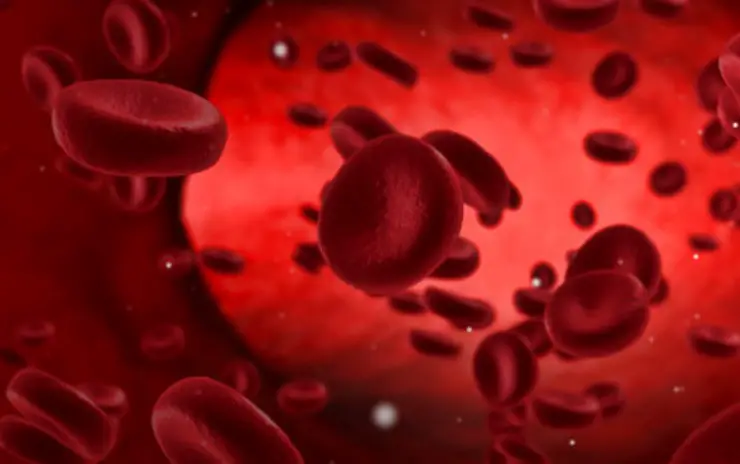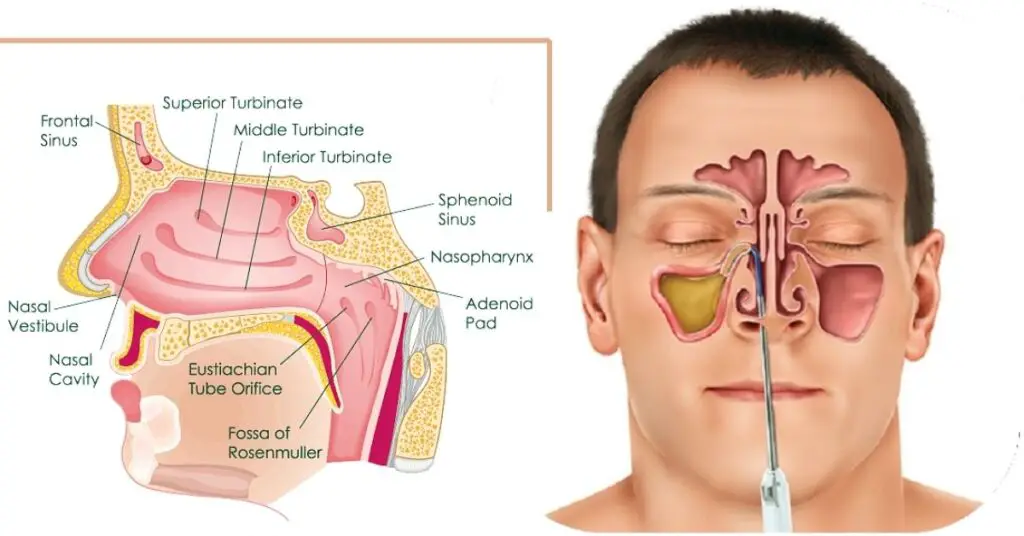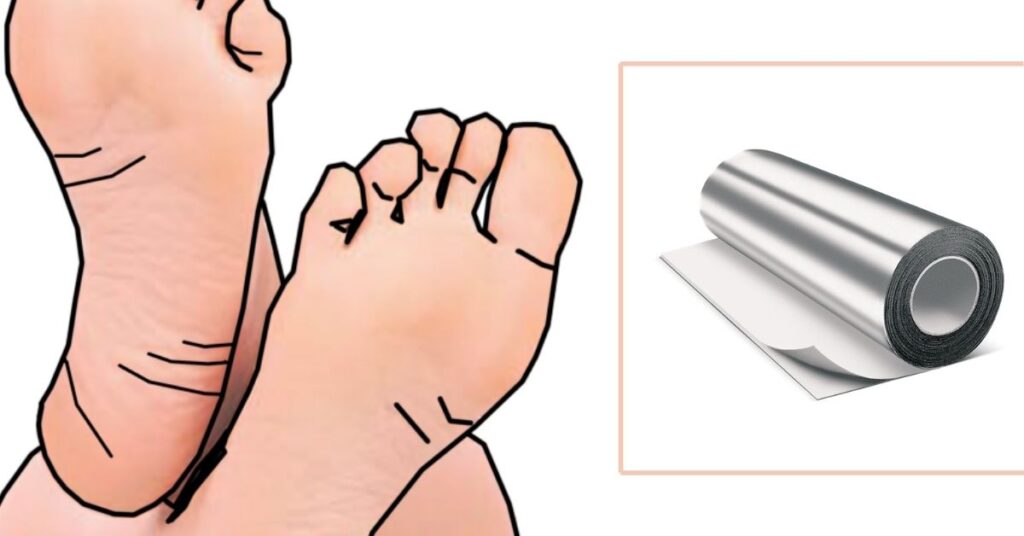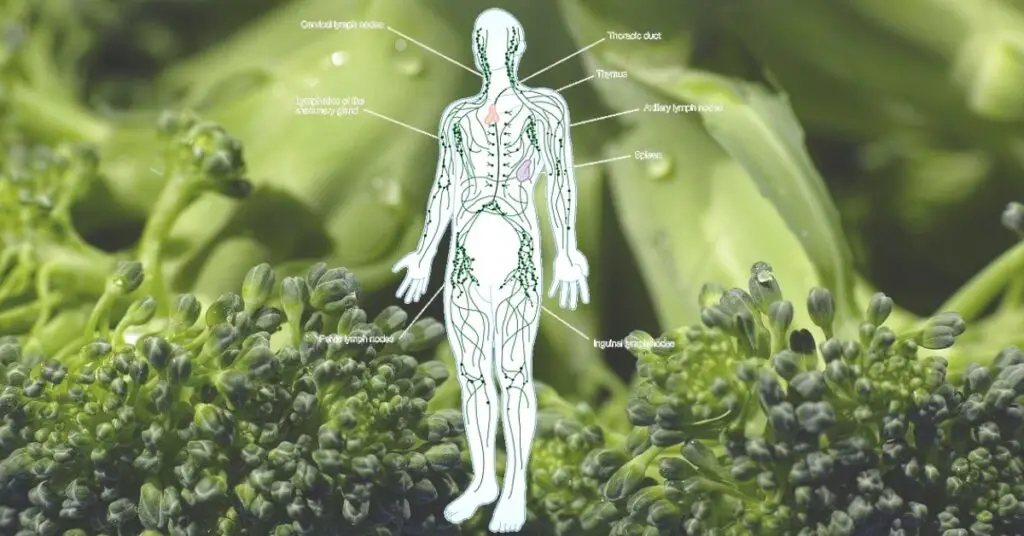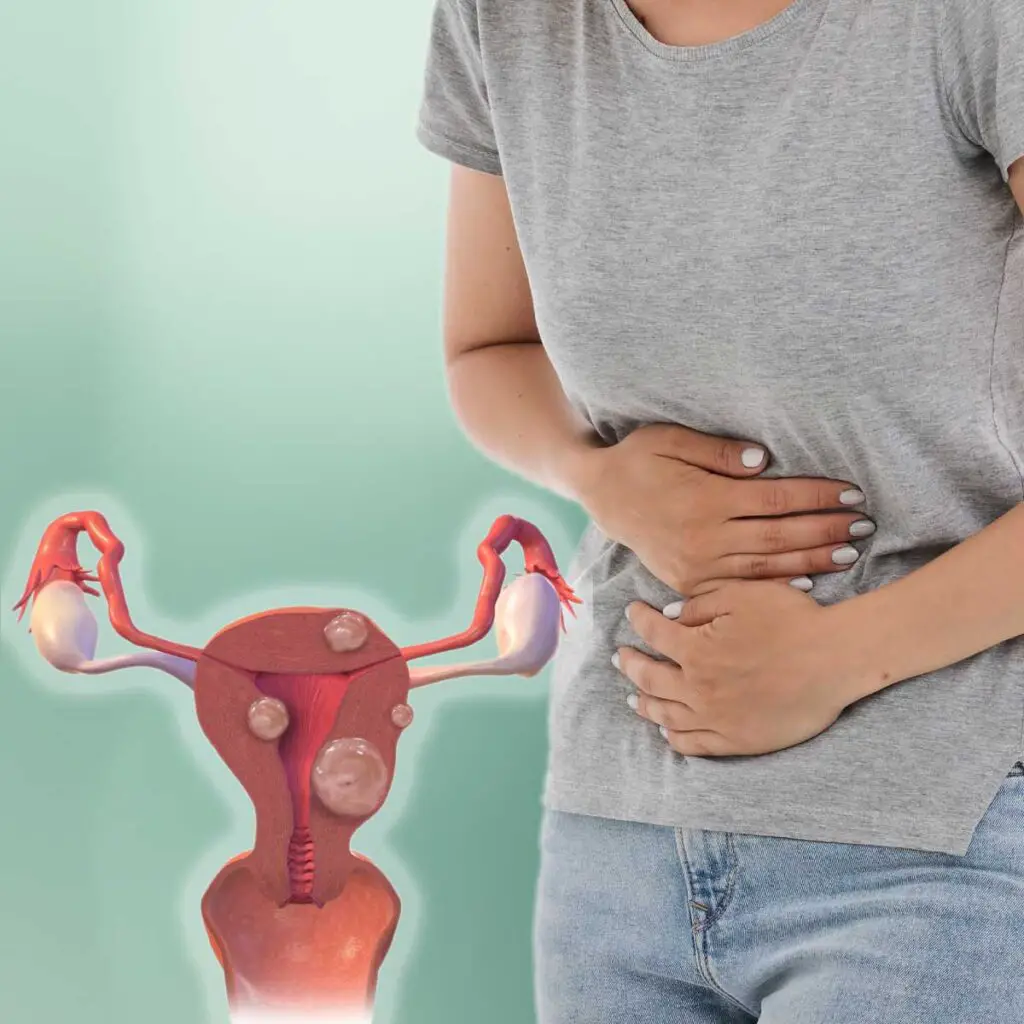Iron deficiency is often treated as a harmless condition when it’s anything but. It’s a sneaky health problem that may be behind your fatigue or other more serious issues. Unfortunately, rarely anyone takes it seriously. It’s also the last thing on doctors’ minds, who are preoccupied treating obvious symptoms rather than the underlying problems.
Over 10% of the adult popular in the USA is suffering from iron deficiency. Around 80% of the world’s population is getting less iron than the required. This important nutrient is vital for the transport of oxygen in our blood, making it a must for our health.
Continue reading below to learn how to spot iron deficiency and the best way to treat it.
What is Iron Deficiency?
Iron deficiency is a condition where the body doesn’t get enough iron. It means that less oxygen is properly delivered to cells, resulting in anemia. Anemia is lack of red blood cells in the blood, and can be a very serious condition if left untreated. The good news is that it is treatable and manageable if you catch it on time.
Here’s an overview of some of the symptoms of low iron levels in the blood:
- Fatigue
- Insomnia
- Shortness of breath
- Appetite changes
- Drastic weight changes
- Coughing
- Mood changes
- Dizziness
- Cold hands and feet
- Headaches
- Brittle nails
- Hormonal imbalance
- Abnormal heartbeat
- Weak muscles
- Pale and yellowish skin
If you’ve ignored one or more of these symptoms or attributed it to something else, you might be suffering from iron deficiency. Some of these symptoms are not hard to endure. However, some can be very dangerous. For example, dizziness can hurt you if you fall somewhere on the street, while headaches are a problem that can drive you insane. If you’re feeling weak, you won’t be able to finish anything.
The good news is that all of these symptoms will disappear once you get your iron levels right.
A Simple Blood Test Can Help
If you’re suspecting that your iron levels are low, a simple blood test can help. Your doctor can order it and spot any deficiencies before they cause more damage. If you’re often suffering from low iron levels, make sure to check your blood regularly. This will allow you to keep them in the optimal range and prevent anemia.
What to do In Case of Iron Deficiency?
Treating iron deficiency is easy depending on the severity. Less severe cases can be solved by simply consuming iron-rich foods. It can be found in chickpeas, spinach, pumpkin seeds, grass-fed beef, lamb, and molasses among other foods.
If the problem is more challenging, supplements are the way to go. There are plenty of these based on natural foods, with the optimal dose you should take ranging between 150 and 200 mg. per day. That depends on your age and iron deficiency, so consult with your doctor for the best options.
Whatever the treatment, we urge you not to ignore the aforementioned symptoms. Untreated iron deficiency always leads to anemia Trust us – you don’t want to suffer from the unpleasant condition.

